Congenital
Nursing & Allied Health
Canadian Adult Congenital Heart Network (CACH)
241 - MANAGING THE UNWELL PATIENT WITH CONGENITAL HEART DISEASE IN THE CCU/ICU
-
RA
Rafael Alonso-Gonzalez, MD, MSc
ACHD Cardiologist
Peter Munk Cardiac Centre
University of Toronto -
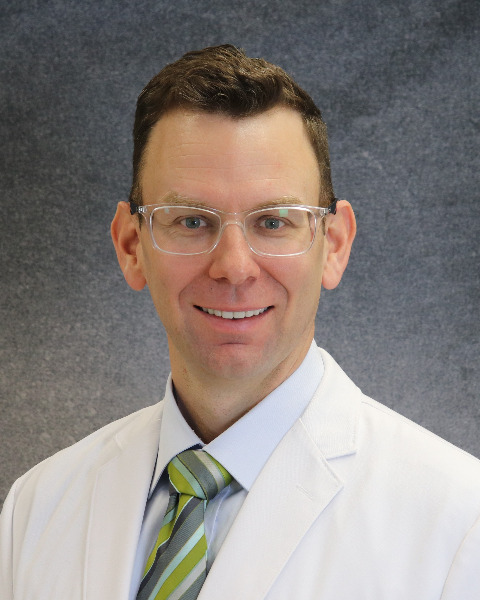
Sean Van Diepen, MD, FRCPC
Associate Professor
University of Alberta
University of Alberta -
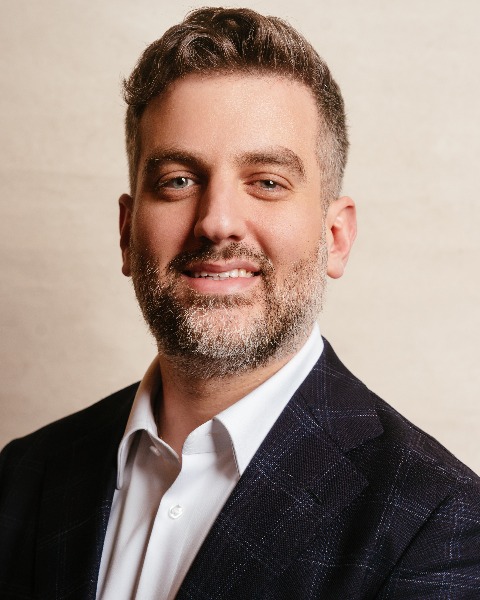
Lior Bibas, MD FRCPC
Cardiologist
Hôpital Pierre Boucher
Université de Montréal -
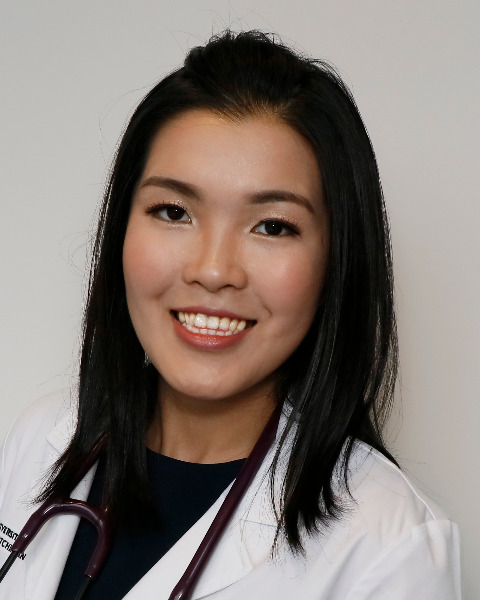
Karen Ho (she/her/hers)
Echocardiography Fellow
University of Alberta -
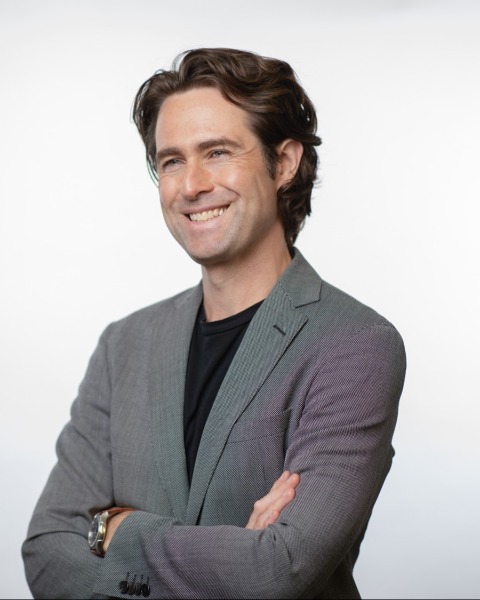
Patrick Lawler, MD, MPH, FRCPC
Associate Professor
McGill University Health Centre -
JG
Jasmine Grewal, MD FRCPC FACC FASE
Professor
University of British Columbia
University of British Columbia -
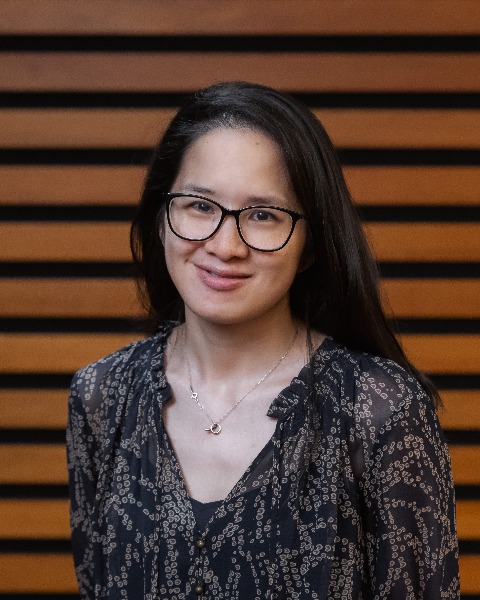
Adriana Luk, MD
Cardiologist
CANCARE
Toronto General Hospital, University Health Network and St. Michael's Hospital, Unity Health -
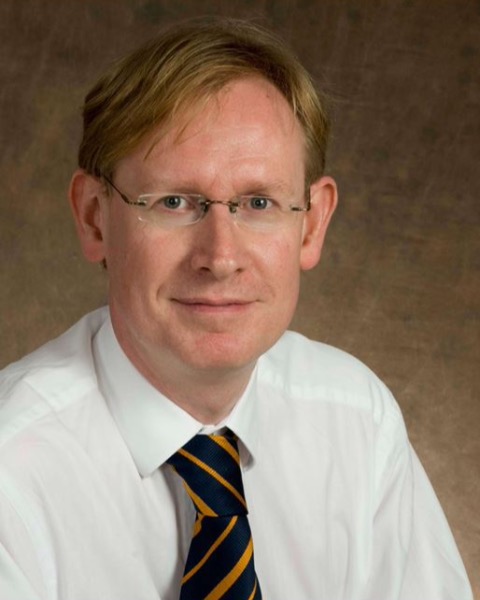
Jonathan Windram, BSc (Hons), MBChB, MMEd, MRCP (UK), FCCS, FESC
Associate Professor
University of Alberta
Mazankowski Heart Institute -

Karen Ho (she/her/hers)
Echocardiography Fellow
University of Alberta -
TM
Tony Mao, MD
Resident
Resident -

Jonathan Windram, BSc (Hons), MBChB, MMEd, MRCP (UK), FCCS, FESC
Associate Professor
University of Alberta
Mazankowski Heart Institute
Co-Chair(s)
Panelist(s)
Presenter(s)
Trainee(s)
Moderator(s)
Workshop Description: One of modern medicine's great success stories is the improvement in the survival and overall life expectancy of patients born with congenital heart disease (CHD).
With such success comes several challenges for healthcare providers. Firstly, this success has led to a rapid growth in the number of adults with congenital heart disease, with over 1.4 million adult congenital heart disease (ACHD) patients estimated in the US alone. The majority of adults with moderate to complex congenital heart disease will continue to suffer from complications from the surgical interventions they require in childhood, requiring them to have continued lifelong care. Unfortunately, this rapid increase has not been matched by an increase in cardiologists specializing in ACHD. Education for general cardiologists in ACHD has also been found to be lacking worldwide, and this has been shown to impact ACHD patient care significantly.
This is especially important when we consider that ACHD patients are twice as likely to be hospitalized than age-matched controls and spend twice as long in a critical care bed. Those ACHD patients with heart failure also have significantly higher resource utilization rates compared to those who do not. In this setting, it is not surprising that ICU admissions for ACHD patients are increasing, and it is anticipated that this trajectory will continue in the foreseeable future as more patients reach adulthood than in the past.
This workshop has been created with this knowledge in mind. It brings together experts in critical care and ACHD to inform the general cardiologist of the problems to consider in critically ill ACHD patients admitted to the CICU. Three expert speakers will highlight specific problems in ACHD patients in the intensive care setting. Using a case-based approach, the learner will be guided on what to consider regarding specific anatomy and physiology in the patient with complex heart disease. Valuable information in the ventilated and pregnant patients with ACHD will also be explored. To ensure high audience engagement, polling will occur in each talk, and a 15-minute Q&A panel discussion of critical care and ACHD cardiologists will occur. Two trainees will be on the panel to highlight the importance of training and gain their viewpoints in managing such complex patients.
This workshop is designed to have the appropriate gender and geographic representation.
Learning Objectives:
- identify the unique anatomy and physiology of the critically ill adult with congenital heart disease;
- identify problems in the critically ill pregnant woman with congenital heart disease; and
- identify issues noted with ventilation in the critcally ill adult with congenital heart disease.
